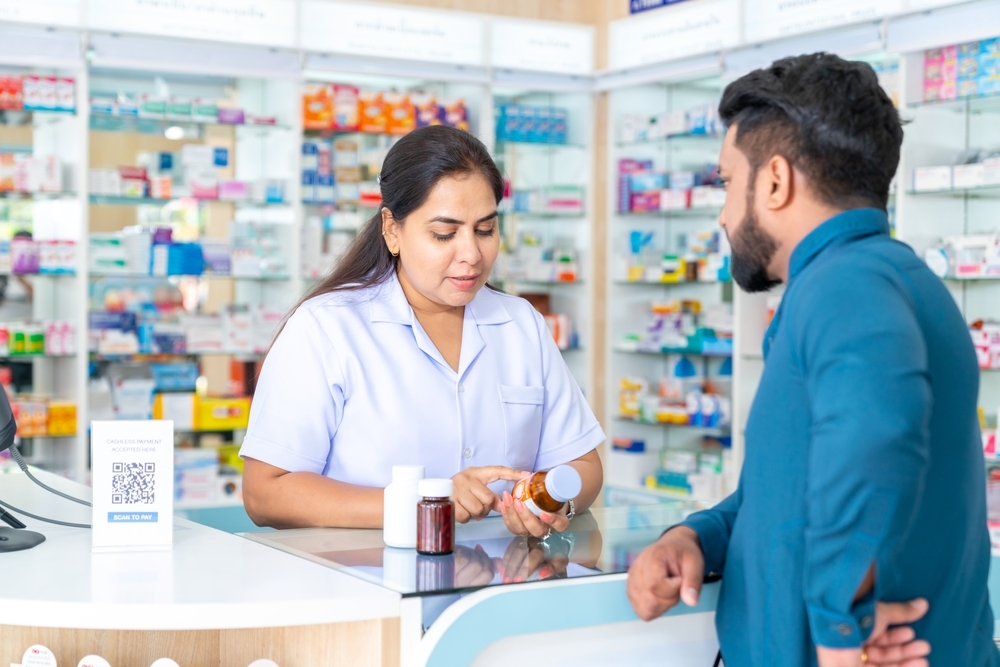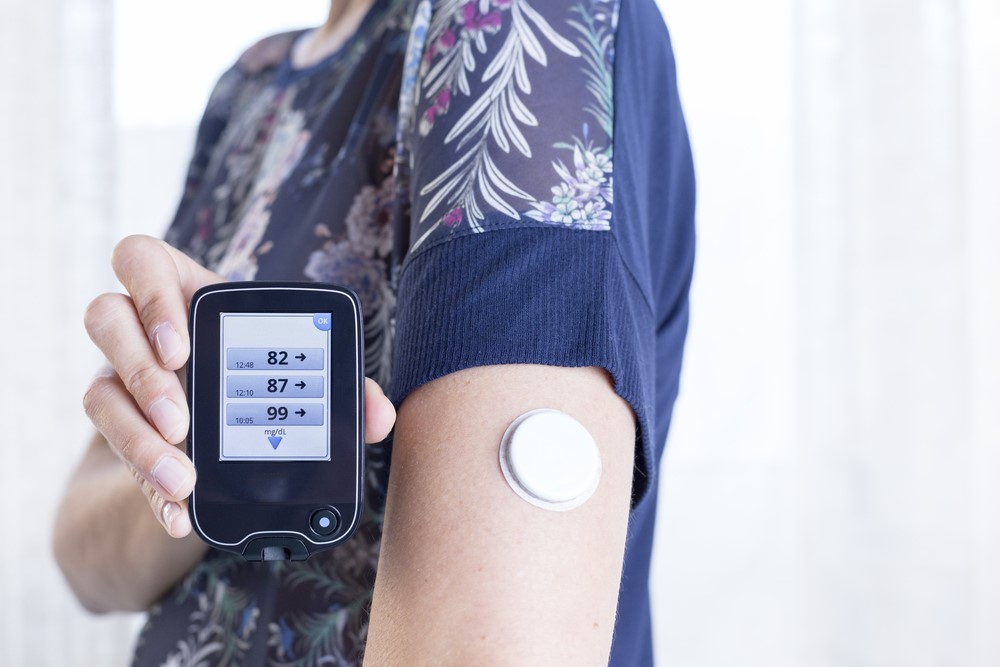Outcomes® empowers pharmacists to address social determinants of health

Payer
By Alex Evans, PharmD, MBA
There is growing appreciation for the influence factors outside an individual's traditional medical profile have on their overall health and well-being. These non-clinical factors, termed social determinants of health (SDOH), include things like access to healthcare, income, education, housing and food security.
Understanding and addressing SDOH is critical for improving the health and well-being of both individuals and communities. Healthcare organizations, payers and quality measurement organizations have begun to incorporate social needs into the way care is delivered. Addressing SDOH is one component to CMS's larger strategy of tackling health equity within the healthcare system.
One of the most recent ways healthcare has changed to incorporate social needs into its delivery is the release of the 2023 Healthcare Effectiveness Data and Information Set (HEDIS) measure, "Social Needs Screening and Intervention." In this article, we'll look more closely at how SDOH is measured through HEDIS and how Outcomes, through an innovative new partnership, can unleash the power of community pharmacists to meet the challenge.
NCQA will focus on social needs with future HEDIS measures
HEDIS is a set of standardized measures, developed and maintained by the National Committee for Quality Assurance (NCQA), used to compare the performance of different health plans. One of the newest measures, effective in 2023, is the Social Need Screening and Intervention (SNS), which aims to identify and address social needs that may impact an individual's health and healthcare utilization. With a focus on food, housing and transportation, this measure will evaluate health plan's ability to both complete social needs assessments for plan members, and intervene within 30 days of identifying social needs gaps.
The Centers for Medicare and Medicaid Services (CMS) proposed incorporating this new HEDIS measure into the Star Ratings programs for Medicare plans. This would further emphasize the importance of SDOH and force Medicare plans to consider new strategies for delivering SDOH assessments and interventions. Extending beyond food, housing and transportation in the SNS-E measure, NCQA intends to focus on social isolation, loneliness and social support for measure year 2024.
Community pharmacists are vital to addressing social needs
Payers will need a multi-pronged strategy to effectively screen all members on food, housing and transportation needs. Even more cumbersome is executing strategies to close social need gaps when identified. Given the magnitude of effort required to reach and engage with all members, payers will need to consider all methods and channels of outreach, including the incorporation of pharmacists as a part of the strategy.
Nearly 90% of Americans live within five miles of a community pharmacy, and pharmacists rank fourth among America's most trusted professions. It's been shown that patients visit pharmacies between 1.5 and 10 times more often than primary care, and there are over 66,000 pharmacies nationwide. Because of this, pharmacists are in a unique position to help payers effectively scale their programs to reach more members and address barriers to social needs.
Outcomes has facilitated community pharmacy-led SDOH screening as a part of a pilot in 2019. This wide-scale pilot engaged 2,200 pharmacies in delivering around 10,000 SDOH assessments and demonstrated an average $1,500 reduction in medical savings for members screened. One of the biggest challenges for pharmacists was in identifying community-based organizations and other resources that can help close members' social need gaps.
Outcomes and new partnership empower pharmacists
With this challenge in mind, Outcomes has partnered with a digital health leader to develop a comprehensive screening and intervention program powered by the OutcomesOne platform. This partnership aims to overcome barriers in finding applicable local resources, by auto-generating a list based on the results of an SDOH screening and the patient's zip code.
The program works by incorporating screening and referral into the pharmacy workflow, as well as by leveraging the new partnership to provide tailored real-time interventions:
- Screening: The OutcomesOne platform prompts the pharmacist to engage a member in completing a social needs assessment. This questionnaire draws validated questions from the CMS sponsored Health-Related Social Needs Assessment tool to address food insecurity, housing instability and transportation needs.
- Documentation: Pharmacists document responses to assessment questions in the OutcomesOne™ platform, as well as, any action taken on social need gaps.
- Referral and Intervention: The digital health partner populates a real-time resource for pharmacists to share with members highlighting local resources available to address gaps in social needs, based on responses to the social needs assessment. The member walks away from the assessment with information in hand and referrals to organizations that can support them in a time of need. Additional follow up can be incorporated as well to close the loop on members' gaps in social needs.
Finally, health plans will be able to access member responses so they can tie that data into their existing social needs strategy, including sharing that data with their internal case managers for further follow up and referral.
By working with Outcomes, payers can tap into the potential of community pharmacists to quickly scale their social needs programs. Partner with Outcomes to increase the percentage of members receiving an SDOH assessment and intervention, reduce total cost of care for engaged members and address persistent health disparities in communities throughout the nation.



